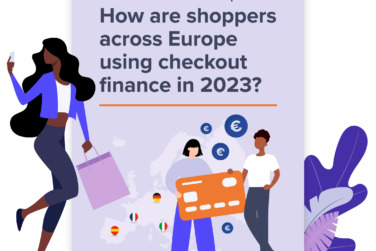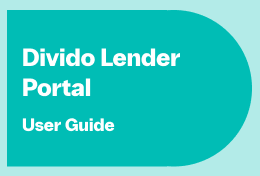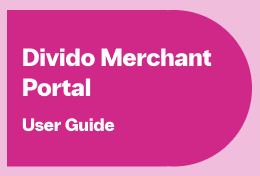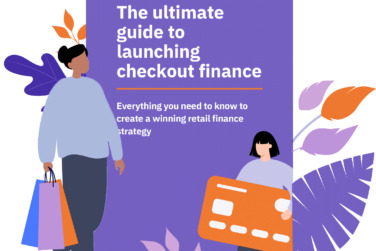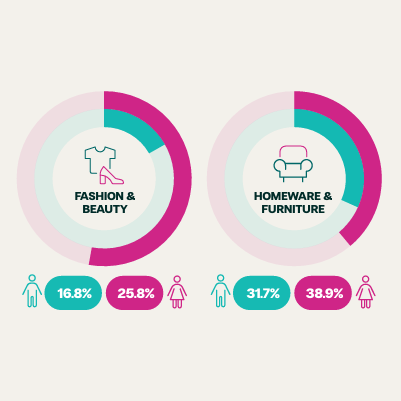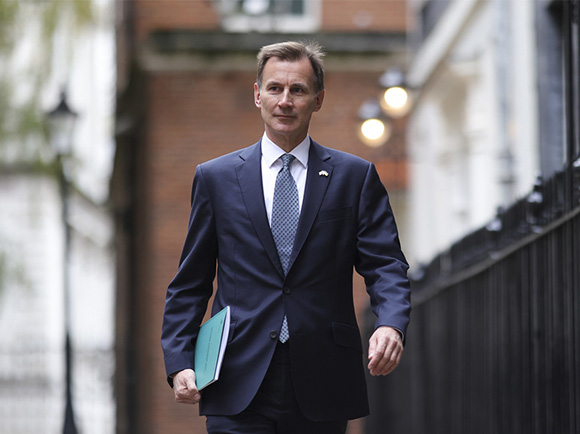Sifted Summit 2022: What does the future look like for BNPL?
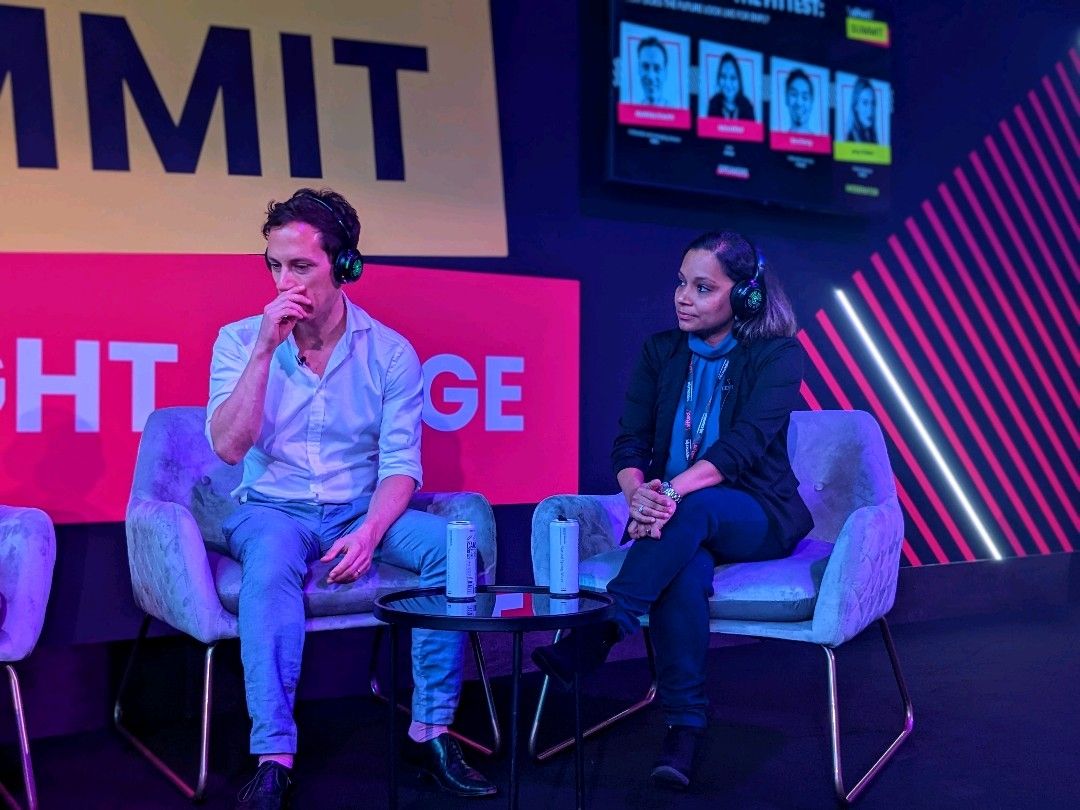
Divido’s COO, Neha Mittal, spoke at this year’s Sifted Summit, a two day event in London featuring 1,500 European startups and Tech companies.
The panel discussion, titled “Survival of the fittest: What does the future look like for BNPL?”, also featured Matthias Knecht, Cofounder and Managing Director of Billie, and Tim Chong, Cofounder and CEO of Yonder. It was hosted by Amy O’Brien, FinTech Reporter for Sifted.
Here’s what we learned.
Klarna’s position
Neha’s session followed an interview with Head of UK at Klarna, Alex Marsh. Marsh explained how the war in Ukraine, entering new markets, and a general dip in e-commerce has affected the BNPL market. Klarna recently posted losses of $580 million in the six months to July 2022, triple the losses it experienced in the same period last year. It is also saw its valuation plummet by 85%, from $45.5 billion to $6.7 billion, which was attributed to an aggressive growth strategy in the US.
Perhaps unsurprisingly, the follow-up discussion began with questions about the current market leader’s position, and their take on the industry.
“It was what we would expect”, said Neha. “Everybody in the market is focussed on profitability and being sustainable. They’re going for growth and replicating what works in more mature markets.
“But one thing that was really interesting was the idea that FinTechs are developing on one stack whilst traditional global banks work in silos internally, and that FinTechs are better able to tackle regulation [than banks].”
Marsh had posited that fintechs like Klarna benefit by having centralised decision-makers, whereas banks are global institutions operating as separate entities in their local jurisdictions. As such, banks struggle to make uniform changes across their entire organisations, while FinTechs are quick to adapt. But Neha disagreed, suggesting banks can increase their agility by outsourcing and partnering with FinTechs.
“We work with big banks like HSBC and ING, and we enable Buy Now, Pay Later for them. It is absolutely true that they work with different stacks in different countries. But banks are very open to partnering and FinTechs can enable them to survive, particularly when it comes to regulation and competing in different markets. So it’s interesting that Klarna see that as an advantage, when we think banks will catch up.”
Partnering with a platform provider, as Neha sees it, saves time, money, and mitigates risks for banks looking to remain competitive.
A crowded market reinforces the power of BNPL
The Buy Now, Pay Later market is a crowded one. A new provider, product, or update seems to enter the market every week, adding to already fierce competition in the retail finance space.
Apple, for example, announced its first foray into the credit market with Apple Pay Later, which is due to be released in the near future.
Big players, like Klarna, Apple and Affirm have distinct consumer-facing brands with a deep pool of loyal customers. It would be reasonable, therefore, to assume that these brands have a clear advantage in the market. Perhaps, even, that there is little space for other providers. But that is not necessarily the case, as Neha explained.
“Fundamentally, as a white label software platform, we are not competing with Klarna,” she said. “But we are enabling the big lenders, like HSBC and ING, to compete with Klarna. Banks certainly have the data, the underwriting capabilities, and they definitely have the relationships to offer retail finance to retailers. But they may not have the frictionless journey, or the tech to launch quickly. And that’s where we help.
“When it comes to retailers and lenders, the focus is technology. This is where FinTechs are really powerful. Klarna and Affirm doing well helps us, because the incumbents are challenged to up their game.”
And there are clear opportunities with retailers, too.
“The interesting thing about retailers is: not everybody wants work with Klarna. And that’s a fact, because at some level you are sharing your customer with Klarna.
“If you’re a retailer who is really protective about your brand, your data, and who you’re selling to, you don’t necessarily want to share that [with another company]. We hear that from a lot of large retailers. They want to own their customers and their brand. They don’t necessarily want to share it with Klarna.”
On inflation
The UK has narrowly avoided a recession so far, but times are tough for British consumers. The cost of living rose by 9.9% in the twelve months to August 2022. Interest rates have risen to historic highs in a bid to combat inflation, putting further strain on those with variable rate mortgages and thus disposable incomes.
At times like these, interest-free credit that supports consumers managing their money can be a useful tool for money management.
“What we see in our data is people making higher value purchases using BNPL”, said Neha. “We work with a company to provide 0% short-term interest-free credit for boiler installations. You have no choice but to fix your boiler [if it breaks], so there absolutely should be a product that allows consumers to buy a replacement boiler in instalments.”
But it’s not just higher value purchases. Divido data reveals an increase in the length of instalment agreements, too, typically around six to twelve, or even twenty-four months.
“BNPL, traditionally, is three to four months. But a lot of lenders offer longer instalment periods, which consumers opt for. It makes the repayments more affordable”, said Neha.
A replacement boiler costs around £2,000 in the UK. Split over a three month period, the interest-free monthly instalments total around £667, which is a significant sum for the majority of households. Naturally, instalments this high could result in missed payments.
Longer repayment periods can relieve some of this pressure by reducing the size of the repayments. That same boiler split over twenty-four months costs £37.40 per month – £630 less per month than a three-month instalment agreement at no extra charge to the consumer.
And, as Neha sees it, a longer repayment period reduces monthly instalments for the benefit of everyone involved.
“You can plan for the long term.” said Neha. “It’s better for the lender [because they increase their chances of repayments], it’s obviously good for the retailer because they’ve sold a boiler, and it’s also better for you as a consumer.”
What will it take to be the fittest?
Concluding, O’Brien returned to the central theme of the discussion, asking: what will it take for a business to be the winner in the BNPL space?
“Ultimately, it is about responsible lending,” Neha posited. “It’s not about growth and acquiring customers at all costs without thinking ‘is the underlying product good or bad?’
“I think there will be that element in the survival of the fittest. Institutionally, the CRAs – like Experian – came out saying they will have a separate section for BNPL. So as a consumer you will naturally, even without trying to, see your borrowing is appearing on your credit score.
“There is a role that banks are going to play. They’re set up for regulation. They’re also able to partner with fintechs to adopt technology. So I do see a bright future. BNPL will be there as part of responsible lending and responsible borrowing, and retailers in particular will benefit.”
Optimising your retail finance programme? Speak to Divido to find out how our whitelabel platform could help.
Keen to know more?


